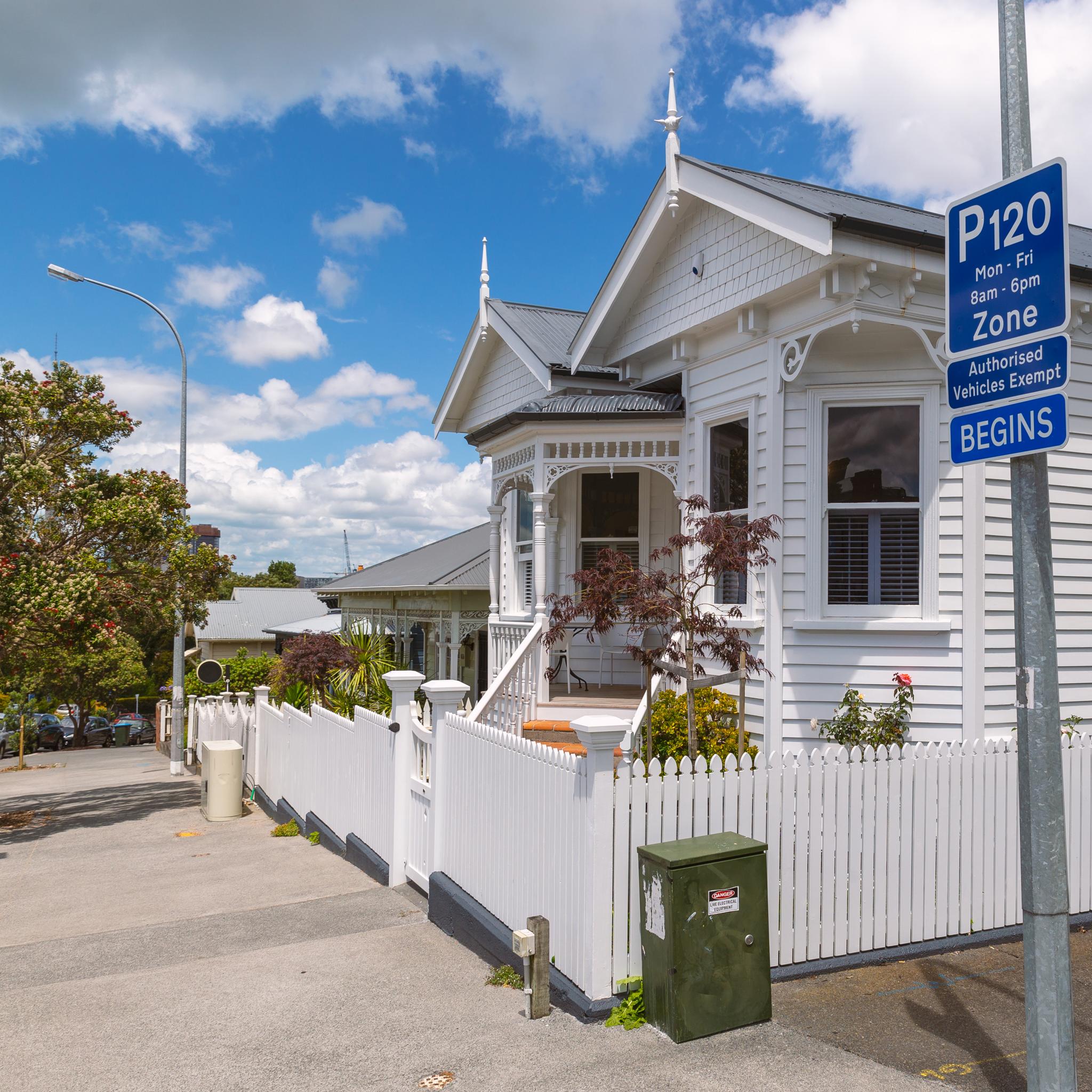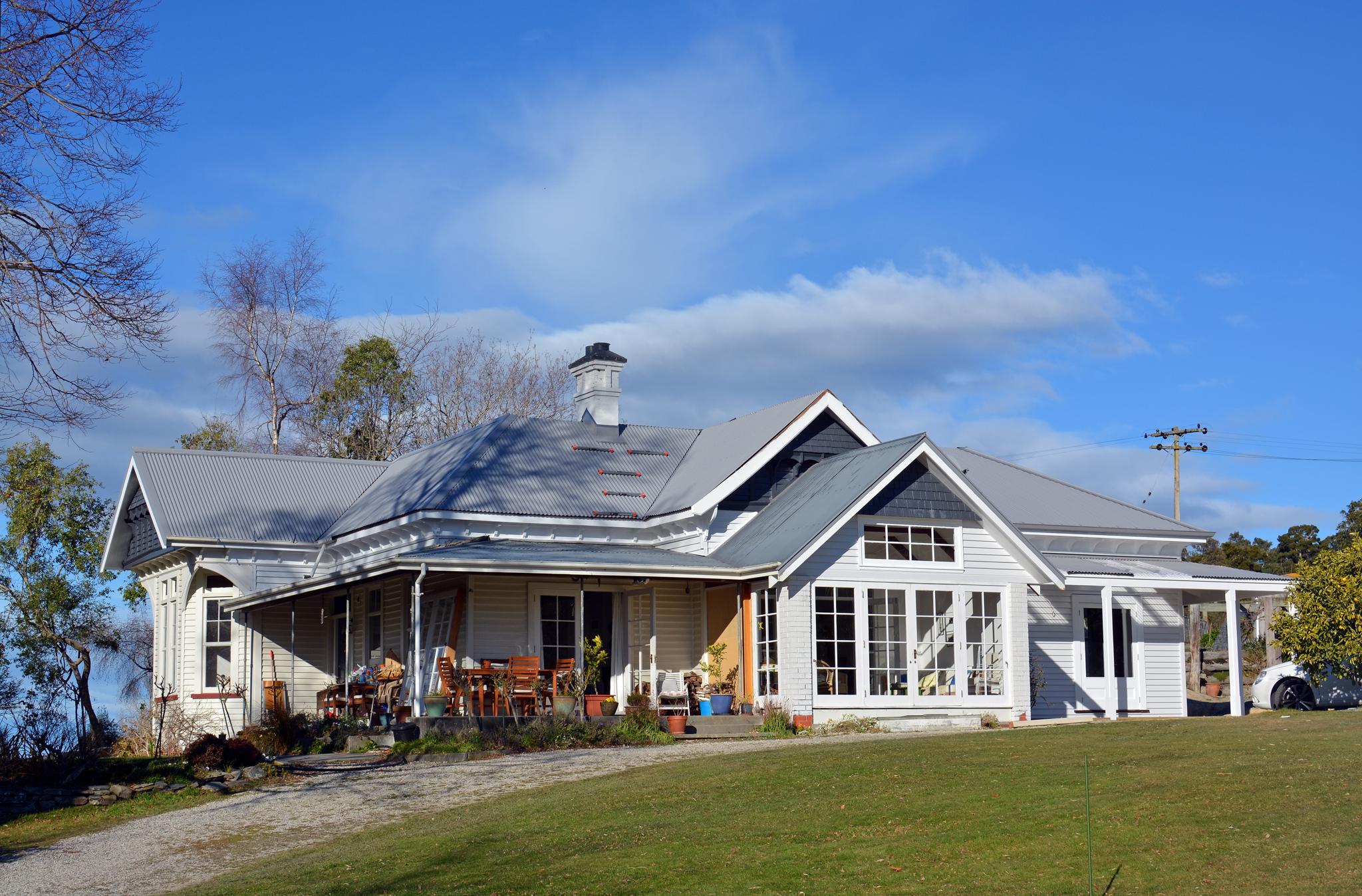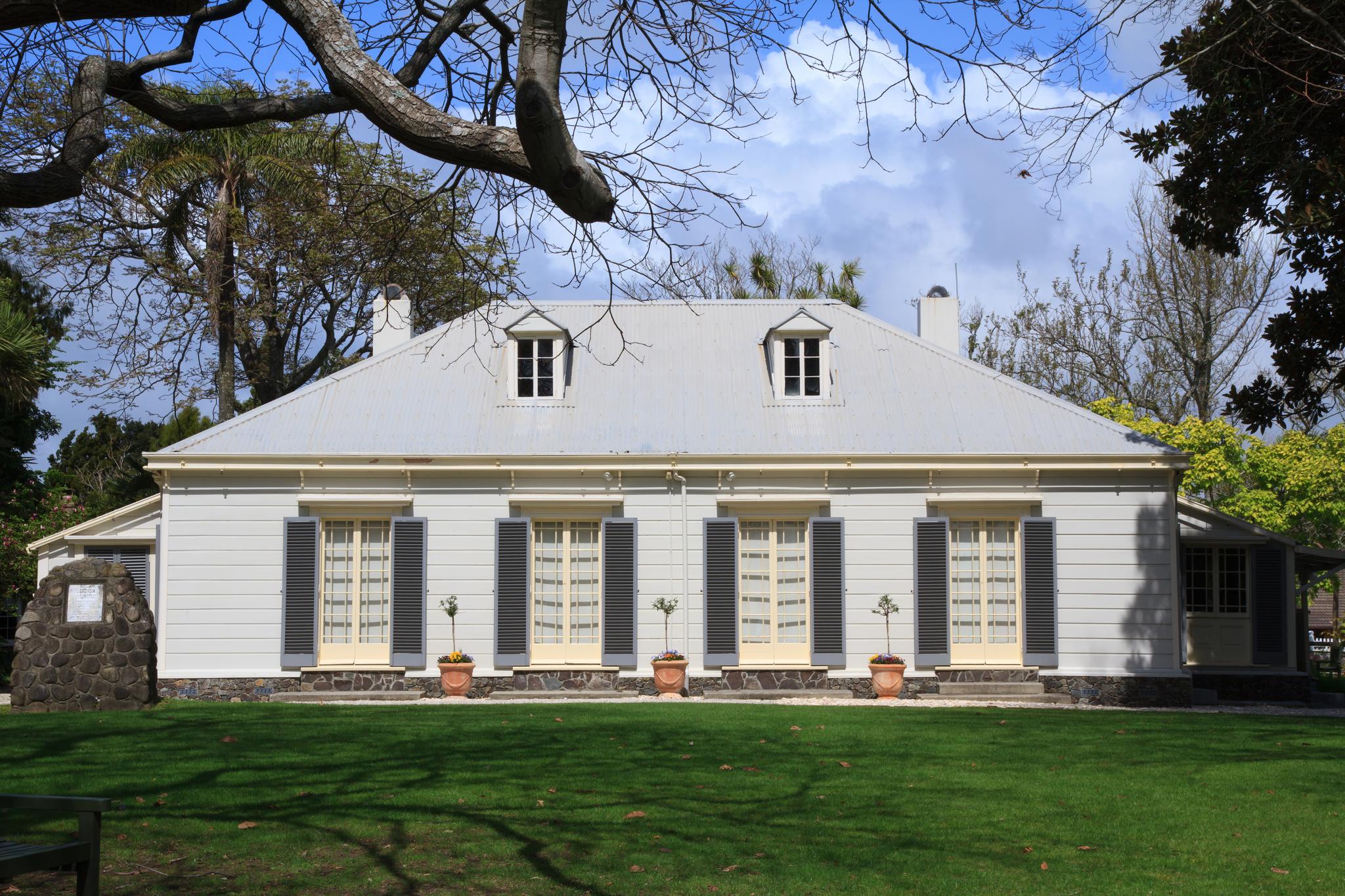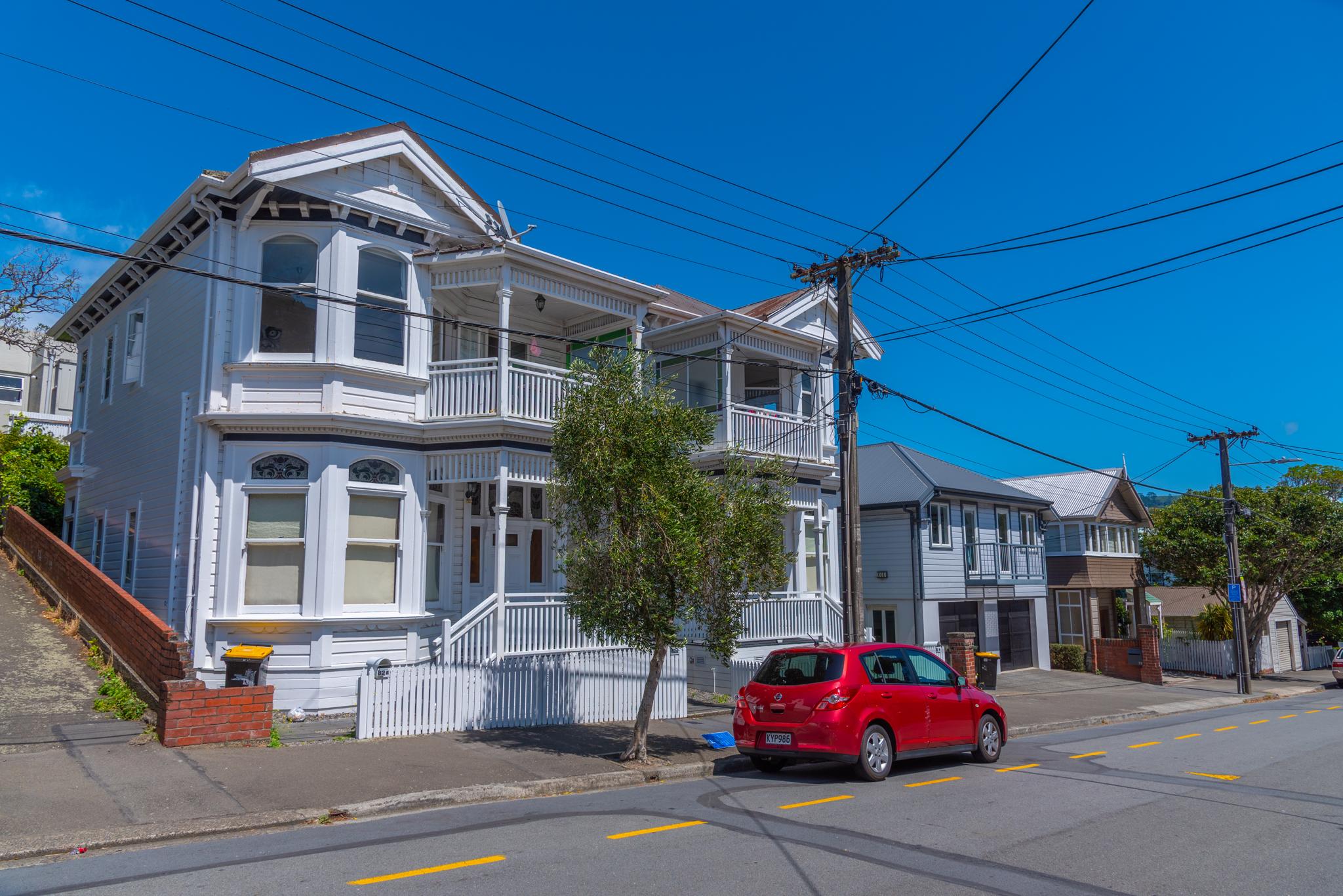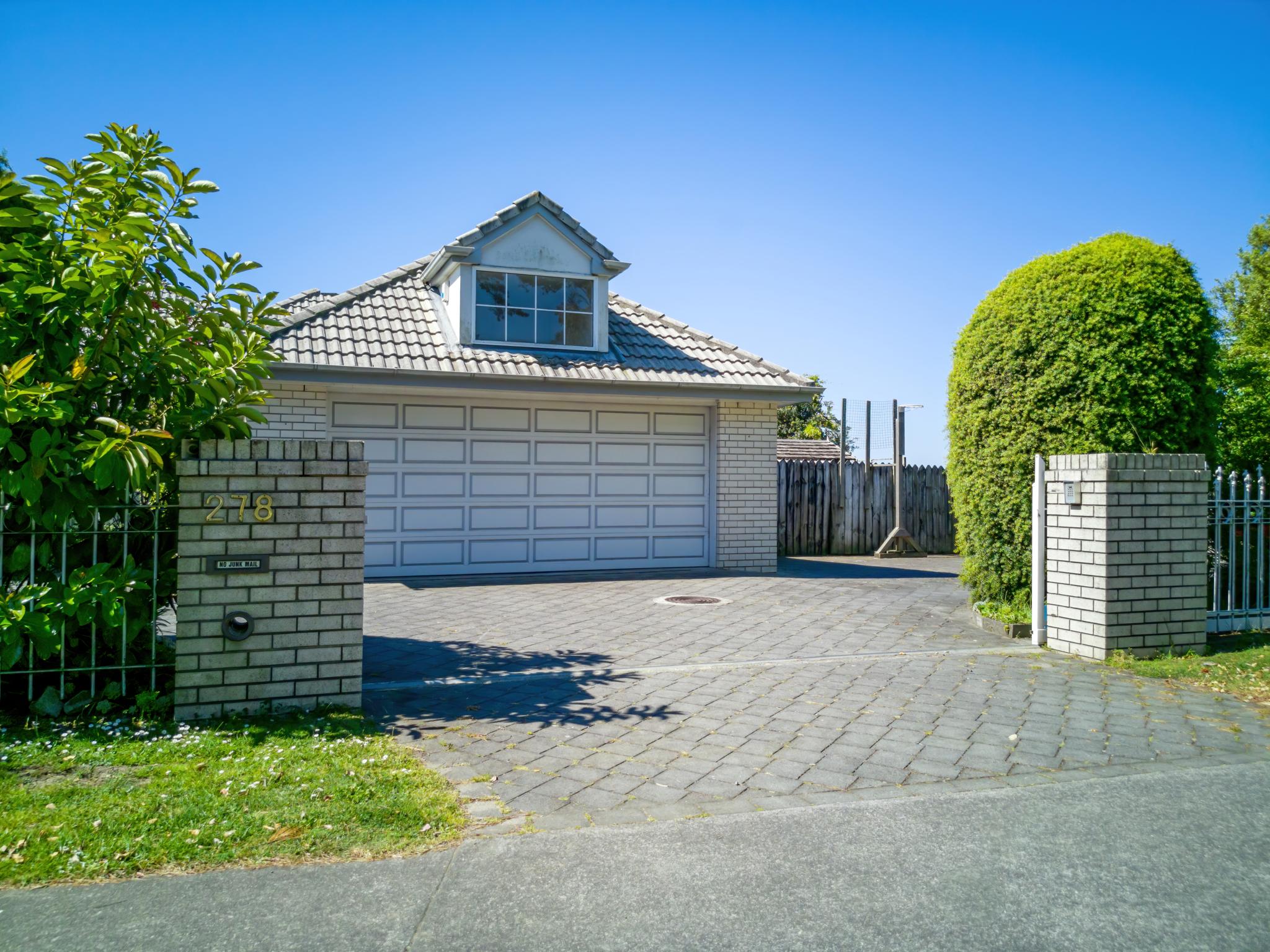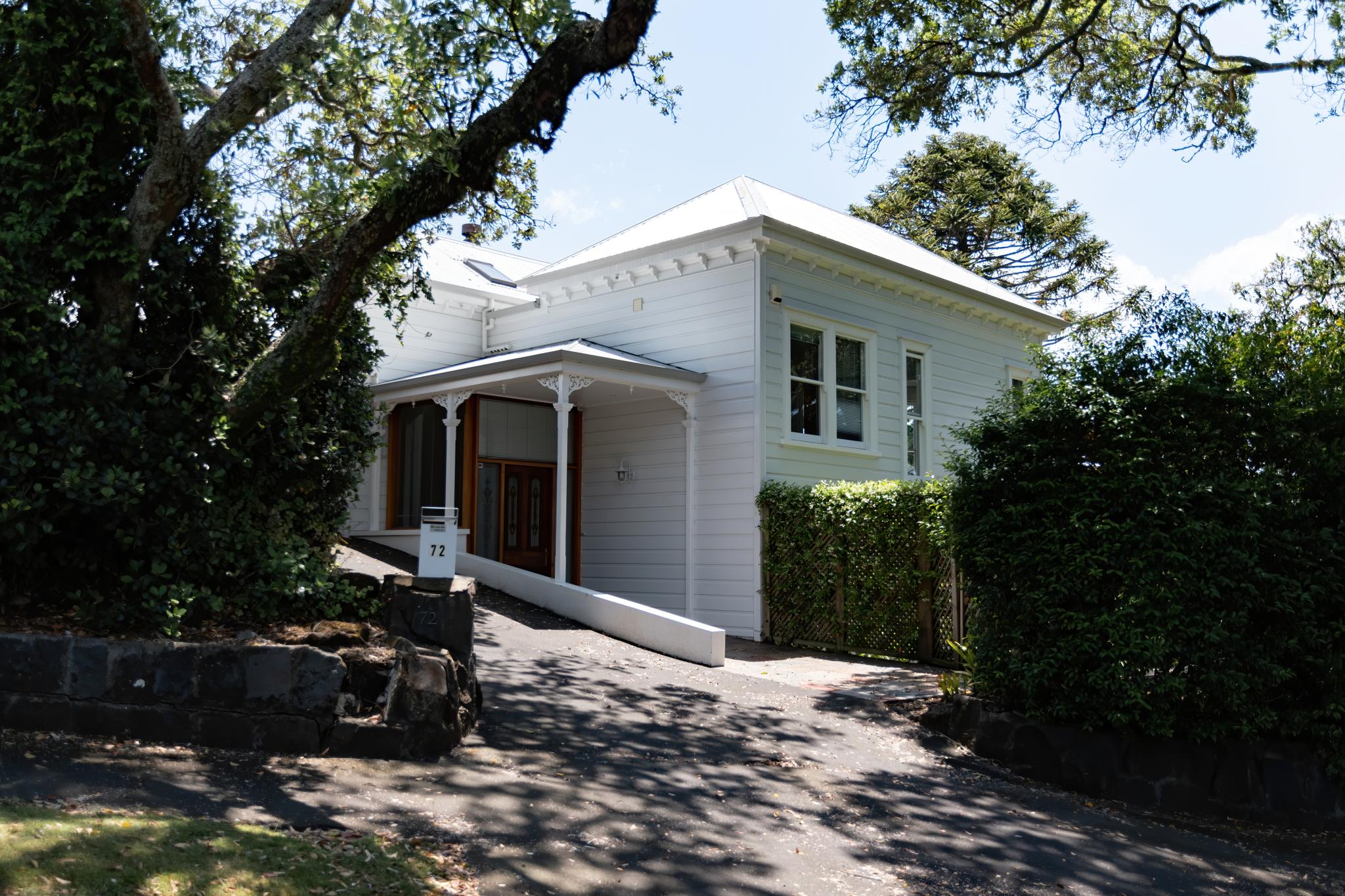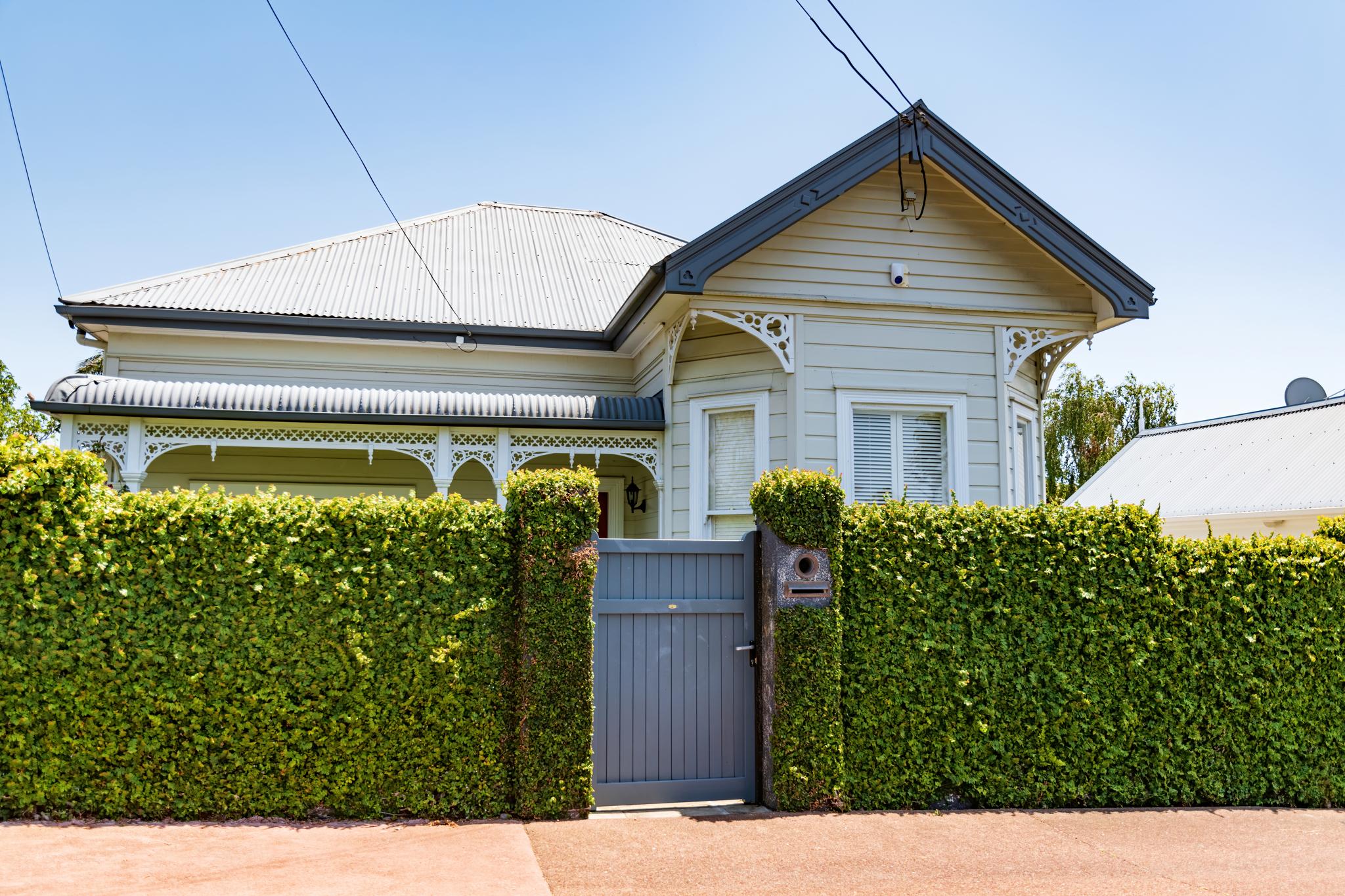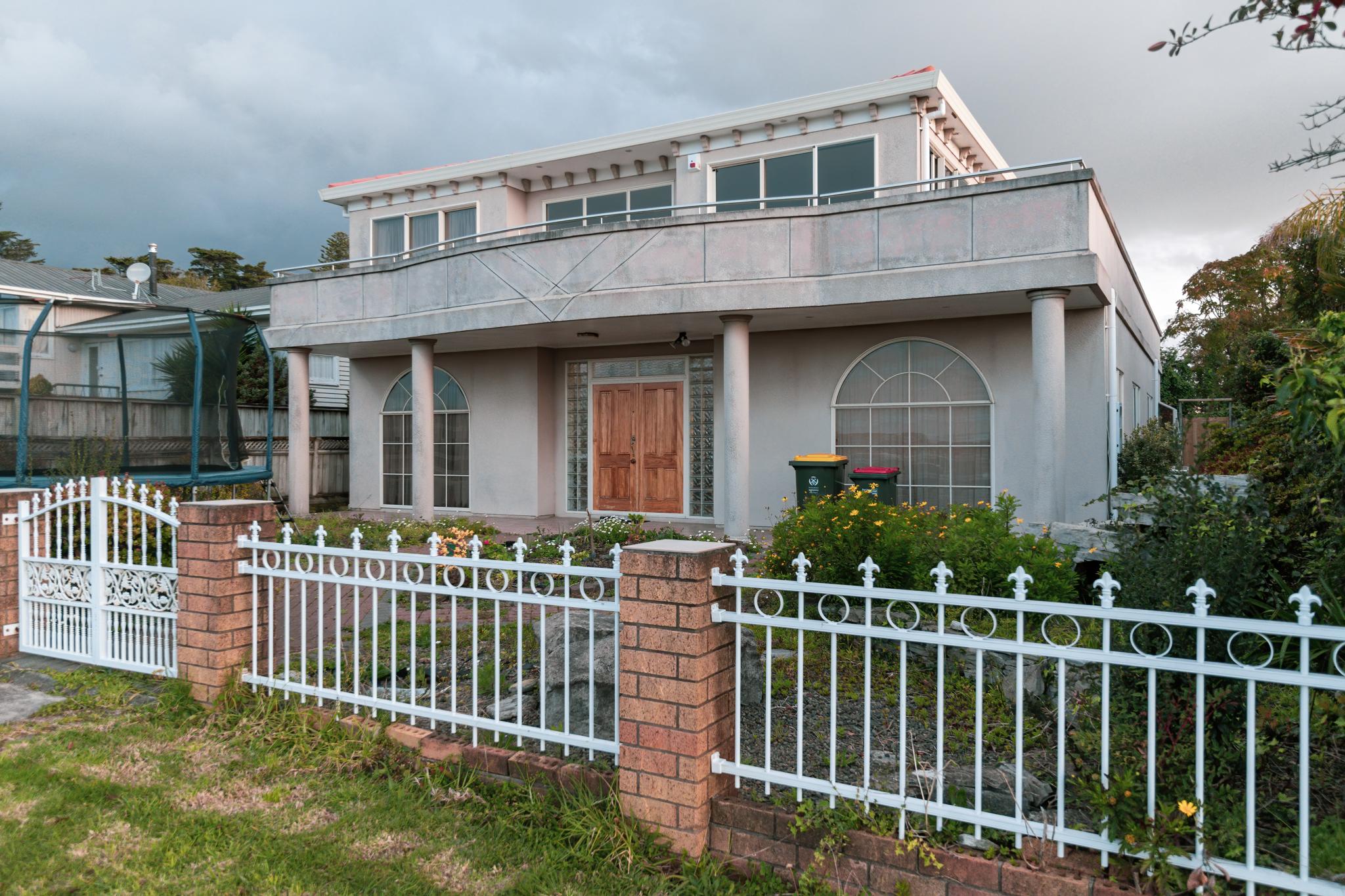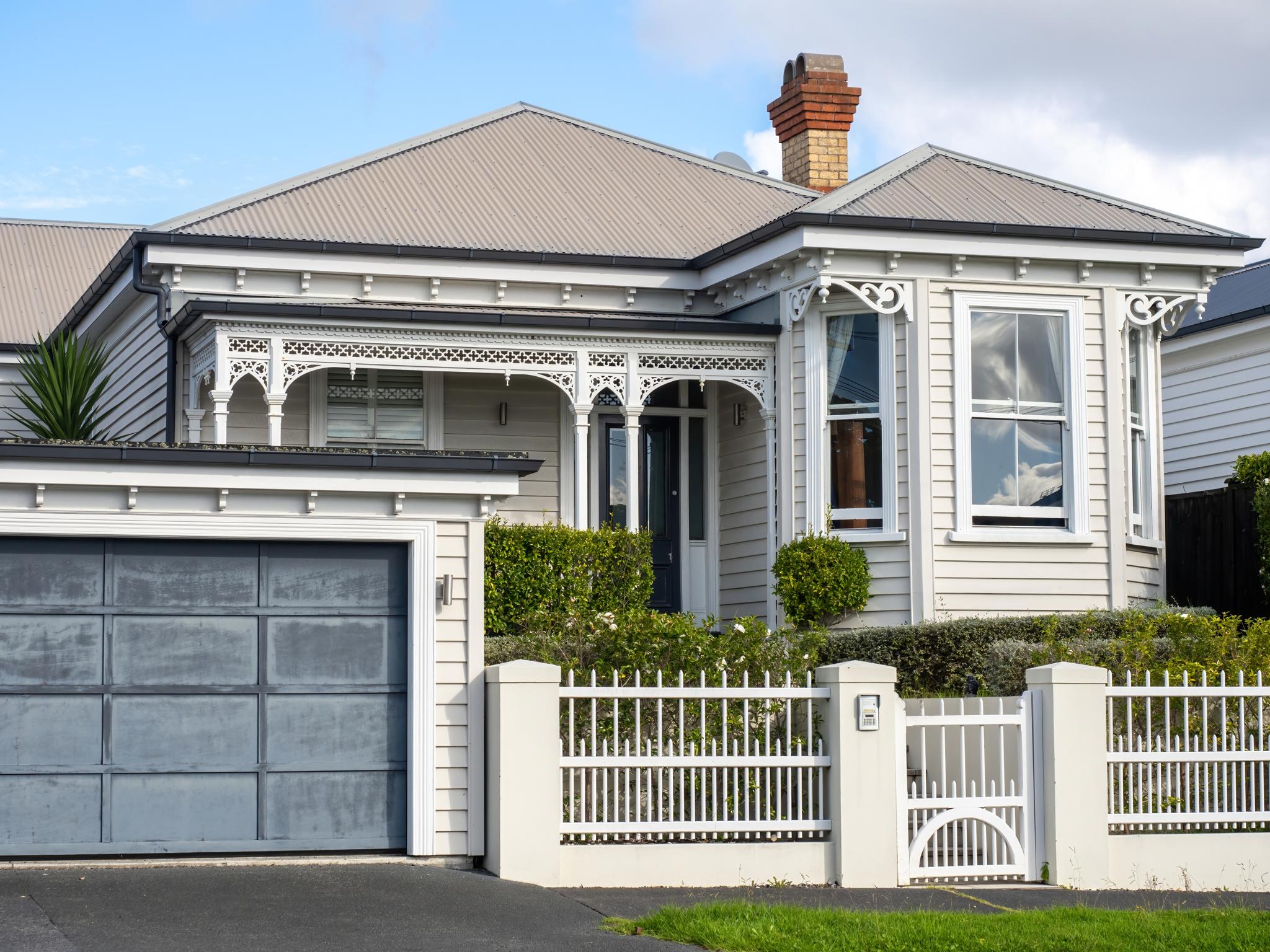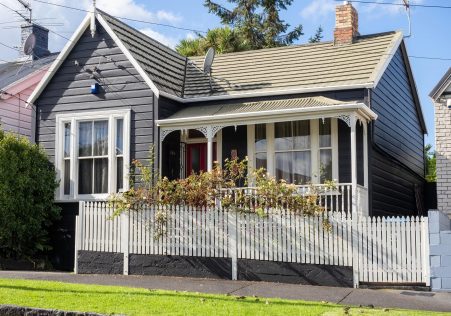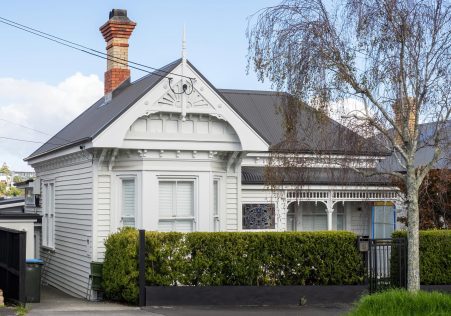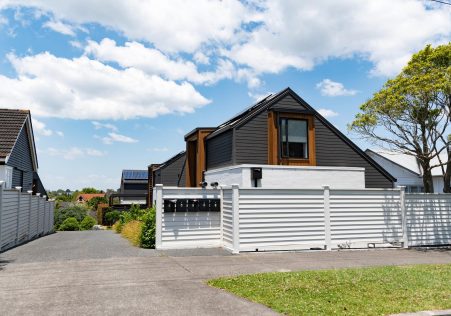What We Do
As building inspectors, we take on all components involved in professional house examinations. We’re there to ensure that you make the best choice when it comes to purchasing your next property.
We are serious about your investment We conduct comprehensive inspections so you won’t be faced with any costly or unexpected surprise costs, meaning you are able to relax and focus on the fun parts of purchasing or owning a home.
We are specialised in a range of services to make sure that you are completely updated on the condition of any property you may be thinking of buying or selling in addition to other solutions.
Not only do we work with you but we also collaborate with a number of large clients including the local authorities, banks and insurance firms. Evidently they are pleased with their reassurance provided, due to the details provided in our building inspection reports.
We have a systematic approach to your property inspection as well as the latest technology in software with digital photos embedded into your reports, you are able to actually see any problems that might be found. With our detailed reporting it’s no wonder we receive so many referrals from clients our service to family members and friends.
Get in Touch - Have Peace of Mind
